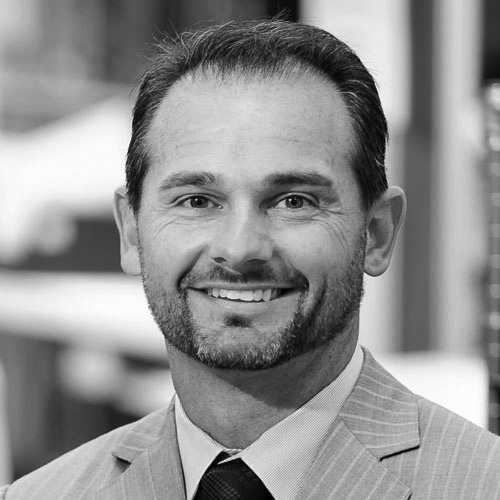What has been the top priority in your first year as Air Methods’ head of human resources?
Allison Farish: I’ve started by working to change the way people think about the role of human resources, about how we can help them run the business, about the value that we could bring to them. When I came to Air Methods, there was an opportunity to improve the HR department and to strengthen our company from the inside out.
What’s your strategy for doing that?
Farish: My approach has been to focus first on leadership and management. I’ve found that if we go into the business and only solve the problem of the day, then we’re missing an opportunity to educate our managers and leaders about how to be better managers and leaders. Sometimes we may end up solving that problem of the day, but we also strive to give them a new tool, a new idea, a new framework, or a new process to deal with a similar situation down the road in a more effective way. This allows us to exponentially increase our impact.
Can you give a practical example?
Farish: Historically at Air Methods, succession planning was about, “Who’s my emergency successor? Who’s going to step in tomorrow if I win the lottery?” We’ve reframed succession planning as a longer-term vision for where the talent is in the organization. The question should instead be, “Who is going to be able to step up a year from now and what do we need to do to help get them ready?” It’s not about the plan; it’s about the development that happens because of the plan.
Has there been a lot of retraining within HR to accomplish your goals?
Farish: I’ve coached the HR team here to think of themselves as educators. If we come at every issue from an educational approach—whether compensation and benefits, employee relations, or learning and development—then we’re leaving something behind.
So the changes have been more about the company culture rather than new rules and policies.
Farish: Exactly. When people have an old-school leadership and management mind-set, sometimes they become overly dependent on rules and policies, which gets people into that trap of just thinking—“I have to be a rule-follower”—and they stop thinking about the whole person and the whole situation and taking things in a broader context. HR for HR is also really critical.
What do you mean by “HR for HR”?
Farish: That we have no business telling others in the company what to do around people, performance, talent, and handling disciplinary issues if we’re not doing it for ourselves. I put a lot of my time and energy as an HR executive into the team. Paying attention to our team dynamics and holding people accountable, making sure that we’re rewarding the right behaviors. We have to be in good shape ourselves first before we can really help support the broader organization.
What’s your take on how personnel management should address employees’ lives outside work?
Farish: What happens to people at work is going to affect them at home. And the inverse is true as well. When people can give fully to their families, to their communities, to their hobbies, they come back to work in a different way that I think is more positive. It is never perfect; we are all too busy and have too many things on our to-do lists, but just the simple recognition of concern and care makes people more productive, more committed to the organization, and more fulfilled.
Even though you’ve only been at Air Methods for a year, do you have a sense that there is a different conversation happening as a result of your approach?
Farish: I do, and I give a lot of credit to my team for approaching things as educators. What I’m seeing and hearing is that our team is helping reframe certain issues that in the past were all about rules and policies and procedure. We are taking a step back and looking at the bigger picture. I get a lot of feedback from our business leaders that they like the new HR team, that they are getting a whole different level of support and input and participation than they have ever had before.

